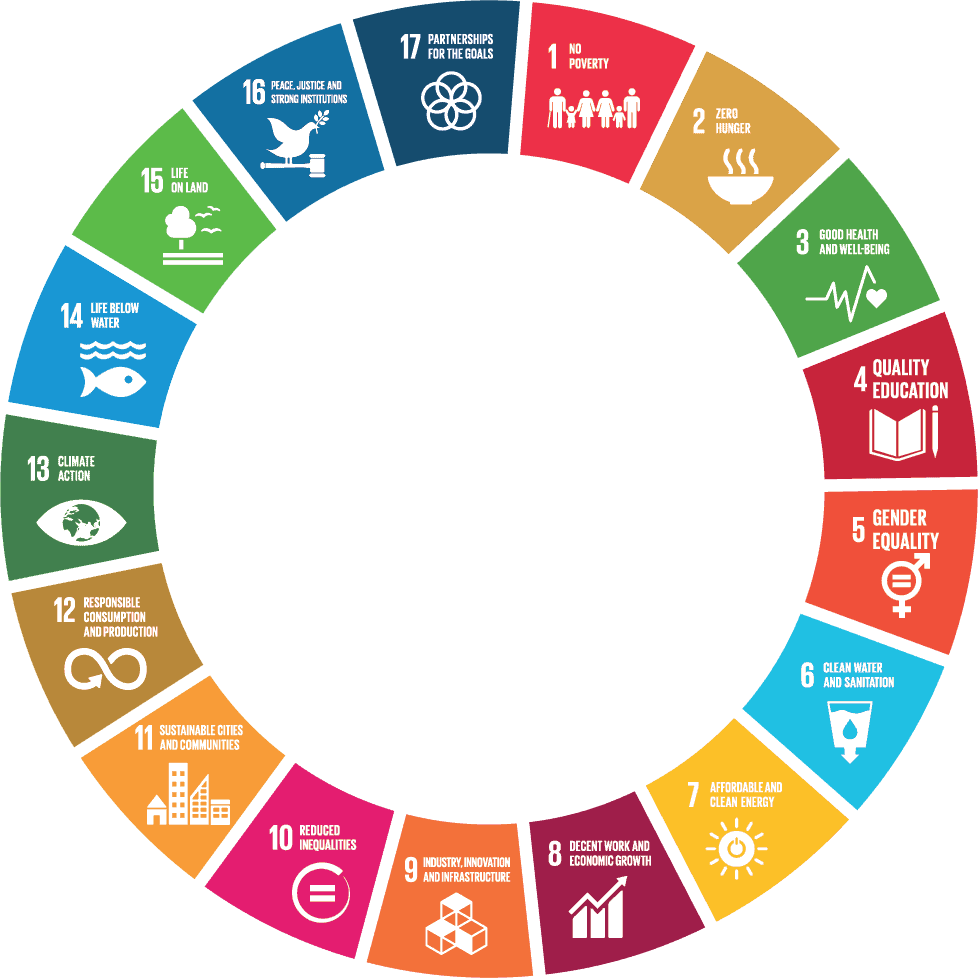EDA is blessed to have one of the leading economic thinkers in the world as a Senior Advisor. James Quilligan is a man with fresh ideas, and a new way of looking at the issues we face in the world we live. This brief article is an introduction to the “real” meaning of The Commons. We know that this is just an introductory exploration of this concept. We can expect that James will expand on this and other topics of interest to the EDA community in the future.
The emergence of a New Story — the transformational narrative which has the power of changing society and culture, along with economics — is being contentiously fought today.
But the fog of this battle seems to reveal only a miasma of viewpoints, which is distracting society to the point of utter confusion. In the US, we see this in the conflict between a fake news vernacular, which is desperately trying to shape itself as the people’s story; and the media ‘mother tongue’, which is desperately trying to represent the interests of a corporate elite. Meanwhile, the actual vernacular of the workers’ common tongue has been lost — besmirched and degraded by low wages and the even lower significance accorded to industrial labor and jobs.
This loss of identity becomes very clear in America’s present power struggle between the poor white nationalists and the rich white globalists, in which all people of color are collateral victims. In the Hegelian solution to this problem, commoners are now rediscovering their roots in agroeconomy, as they volunteer to relocalize and thus revitalize their communities. They are also using digital technology to support these efforts. But in reaching back to their pre-industrial roots in ecology, while using the digital technology created and controlled by corporate monopolies, our commoners have not developed a vision or explanation as to why they are still so disjointed from their vernacular. They have not yet recognized nor claimed their identity as digital workers. They have yet to develop a view of themselves as local people who are building the cooperative sustainability of their commons for present and future generations.
When the smoke of battle lifts, and they fully recognize themselves as embodying the vital force of a new, digitally-supported labor movement dedicated to a sustainable society — seeing themselves as workers wresting their lives and livelihoods from the local ecology through new forms production and provisioning, supported by digital cooperatives — the new vernacular of the commons will appear, and people will recognize, deep down, in the very the cells of their bodies, that they knew this all along. ¡Cómo no! They will reconnect with their ancestors’ dreams for the common good, celebrate the joys of collaborating with their neighbors and build a new social contract of cooperative sustainability for their descendants. The irony of the ‘commons’ is that capitalism has made the commons so invisible and unrecognizable that it has become uncommon — uncommon not as in something wonderfully unique, but rather low-caste and useless. Here, I think, is the key to the vernacular epistemology of the commons: to turn what is uncommonly vital — the evolutionary power of labor in the sustenance of life, knowledge and culture — back into what is common.
Article written by James B. Quilligan
Originally published by P2P Foundation


